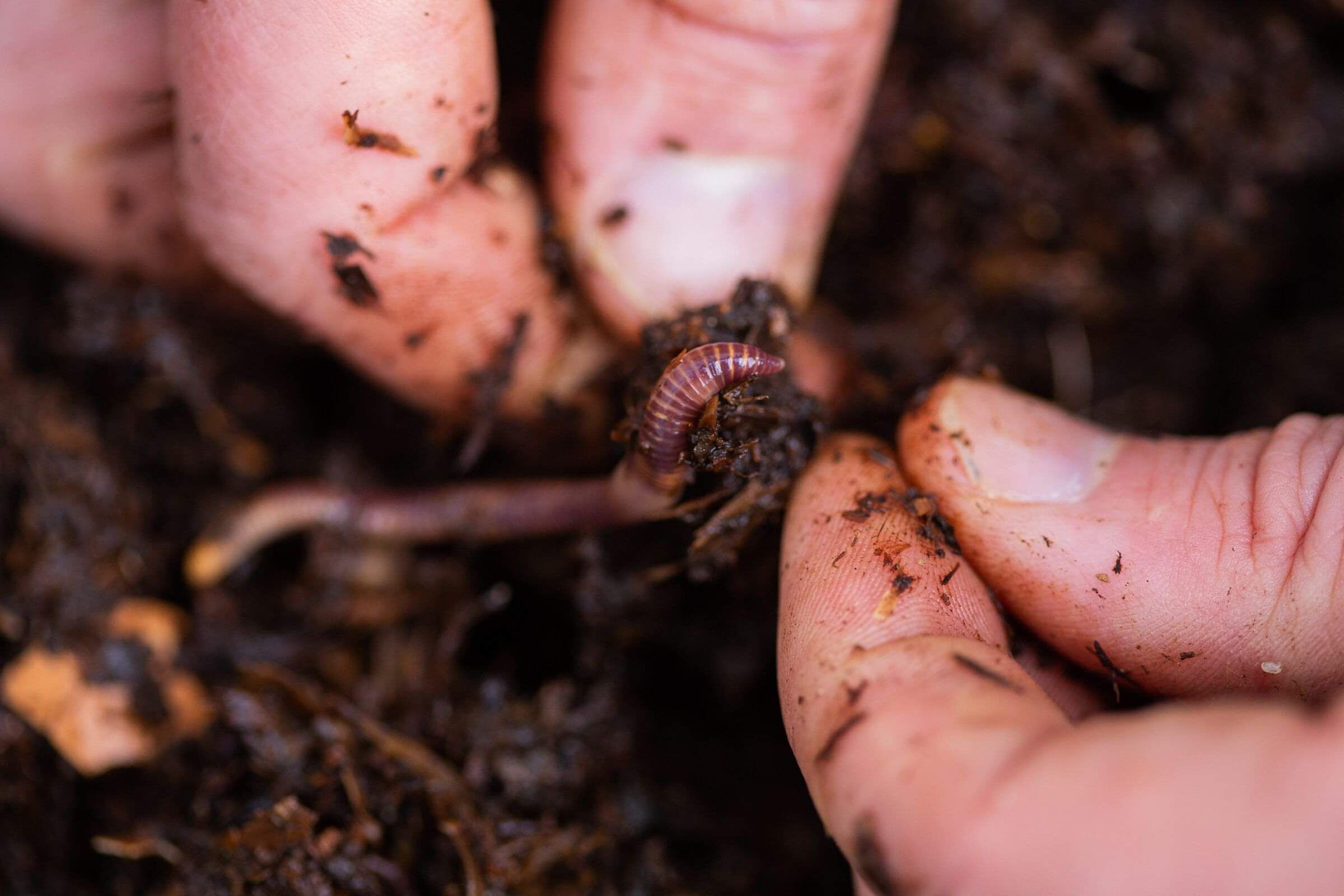Using our waste to revitalise our soil
Little Buddies was born out of deep concerns around the state of our soils, and in response to the growing problem of organic waste in our landfills. The name "Little Buddies" refers to the army of worms that we use to accelerate the composting process and produce rich vermicast, which can then be used to boost soils with valuable organic carbon, minerals, nutrients, and microorganisms.
We receive waste paper, food scraps and even spent hops and yeast from offices, cafes, restaurants and other businesses in Cambridge, Hamilton and the surrounding area. The waste is converted into a high quality soil conditioner, which is then used on local farms, orchards and gardens.
We’ve created a completely circular system that processes waste locally, without trucking it around the country to mega-facilities, which means fewer trucks on the road, reduced fossil fuel usage and lower emissions.
By diverting organic waste from landfill, we can reduce harmful emissions and safely return valuable nutrients to the soil, as nature intended.

"Worms are the intestines of the soil." - Aristotle
Helping businesses embrace sustainability
By embracing and using ancient, natural processes, we can solve some very contemporary problems. We are actively seeking local businesses who have a passion for sustainability and who want to part of the next chapter in sustainable landfill diversion efforts in New Zealand. If you are a business who has a large amount of organic waste and a desire to see it managed in a responsible way, we'd love to have a chat.















